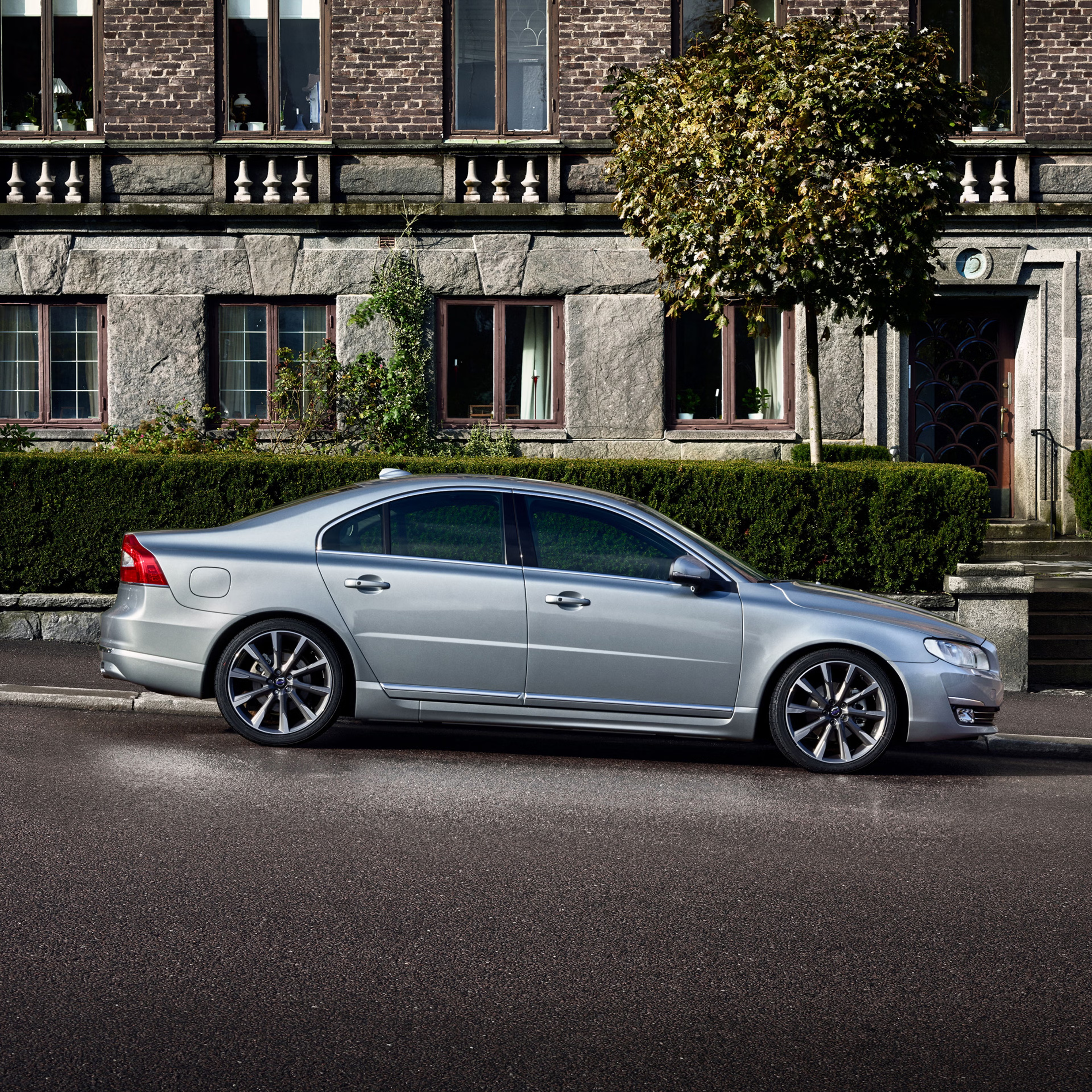
Volvo S80. Advanced safety, luxurious comfort, powerful performance.
When the Volvo S80 was launched in 1998, it quickly became popular. A major reason for its popularity was largely due to the car's clear focus on innovative safety features such as WHIPS (Whiplash Protection System) and BLIS (Blind Spot Information System), as well as a softer and more elegant design than previous models. The S80 was available in two generations, with the second generation introduced in 2006, continuing the legacy of safety and luxury.
The Volvo S80 is no longer being produced. Discover our range of similar cars, find a pre-owned Volvo S80, or get your hands on an owner's manual for your Volvo.
Discover our new sedan range
Explore rangeVolvo certified pre-owned cars
Explore Certified by VolvoOwner’s manual for Volvo S80
Find support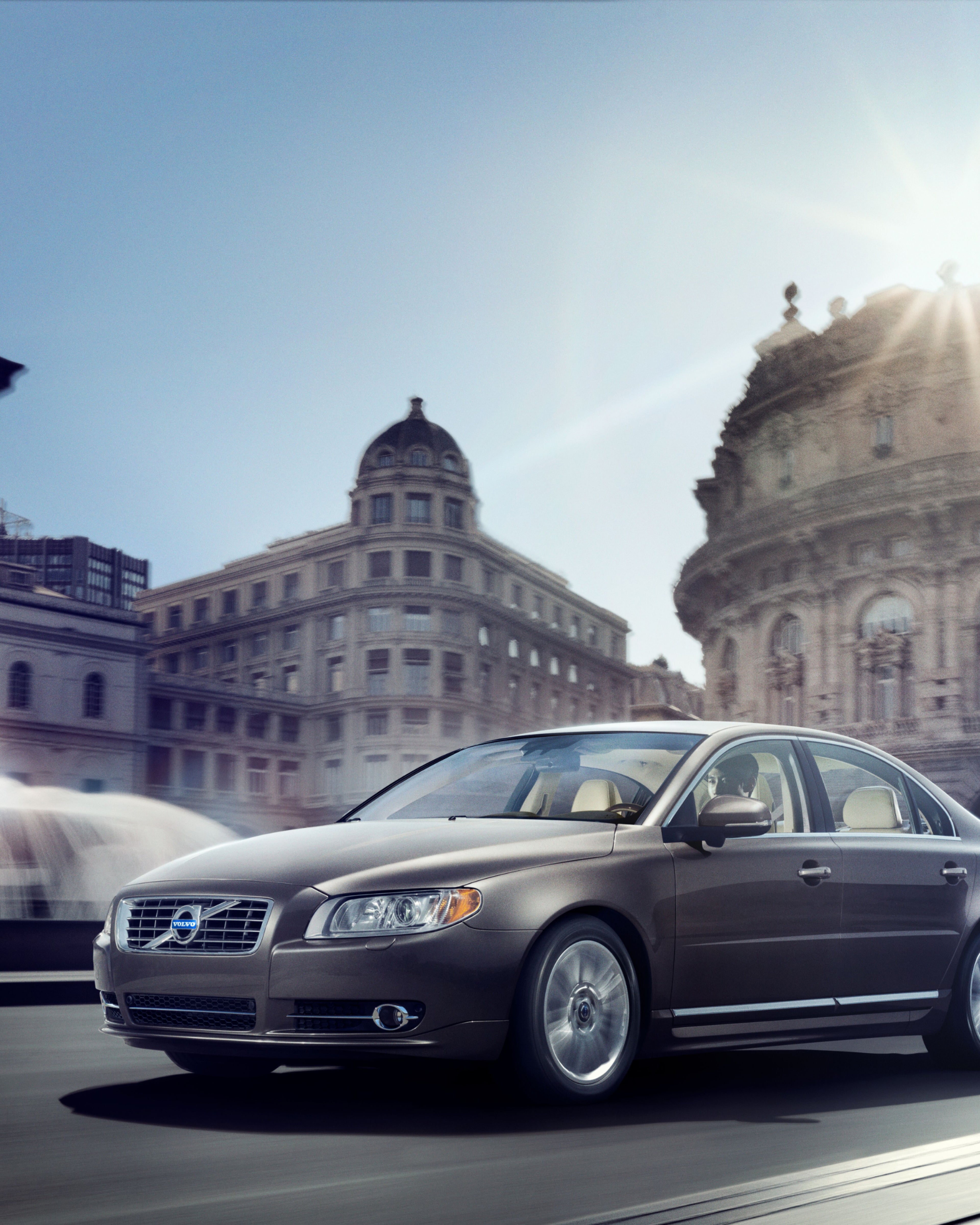


Quiet comfort and premium feeling
The Volvo S80 was a robust and luxurious car with a modern design and innovative safety features. Inside, all passengers sat comfortably and could enjoy a quiet driving experience. It's easy to understand why the S80 made such a significant impression on its owners.
Volvo S80 highlights
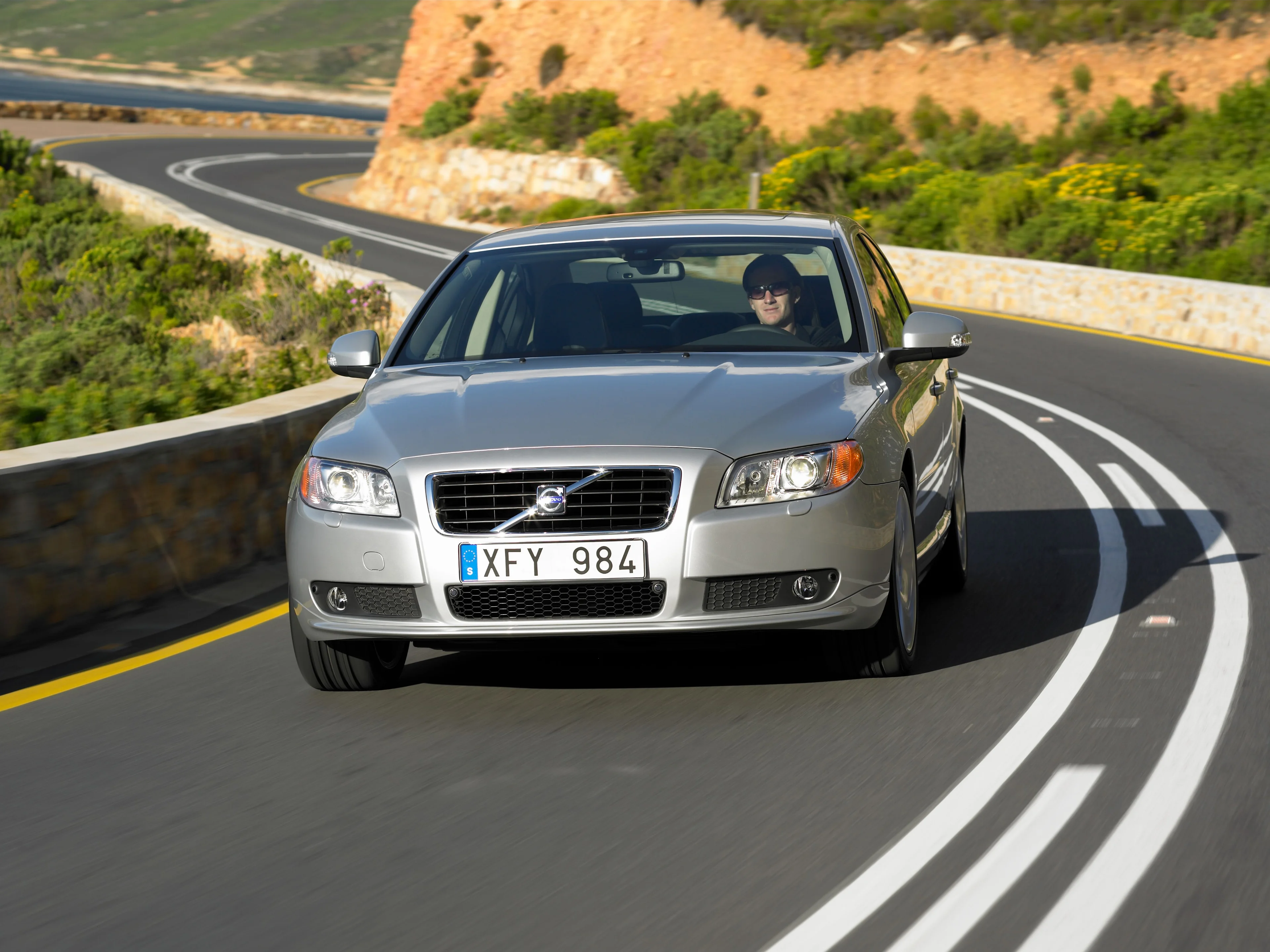
Robust and reliable
The Volvo S80 was a reliable car, which is a major reason why it became so popular. It was praised for its durability and long lifespan, making it a smart purchase for those looking for a long-term car. The reasons for the S80's reliability were numerous, such as being built with high-quality materials, using proven technologies and components that had been thoroughly tested over time, and the car undergoing strict quality controls.
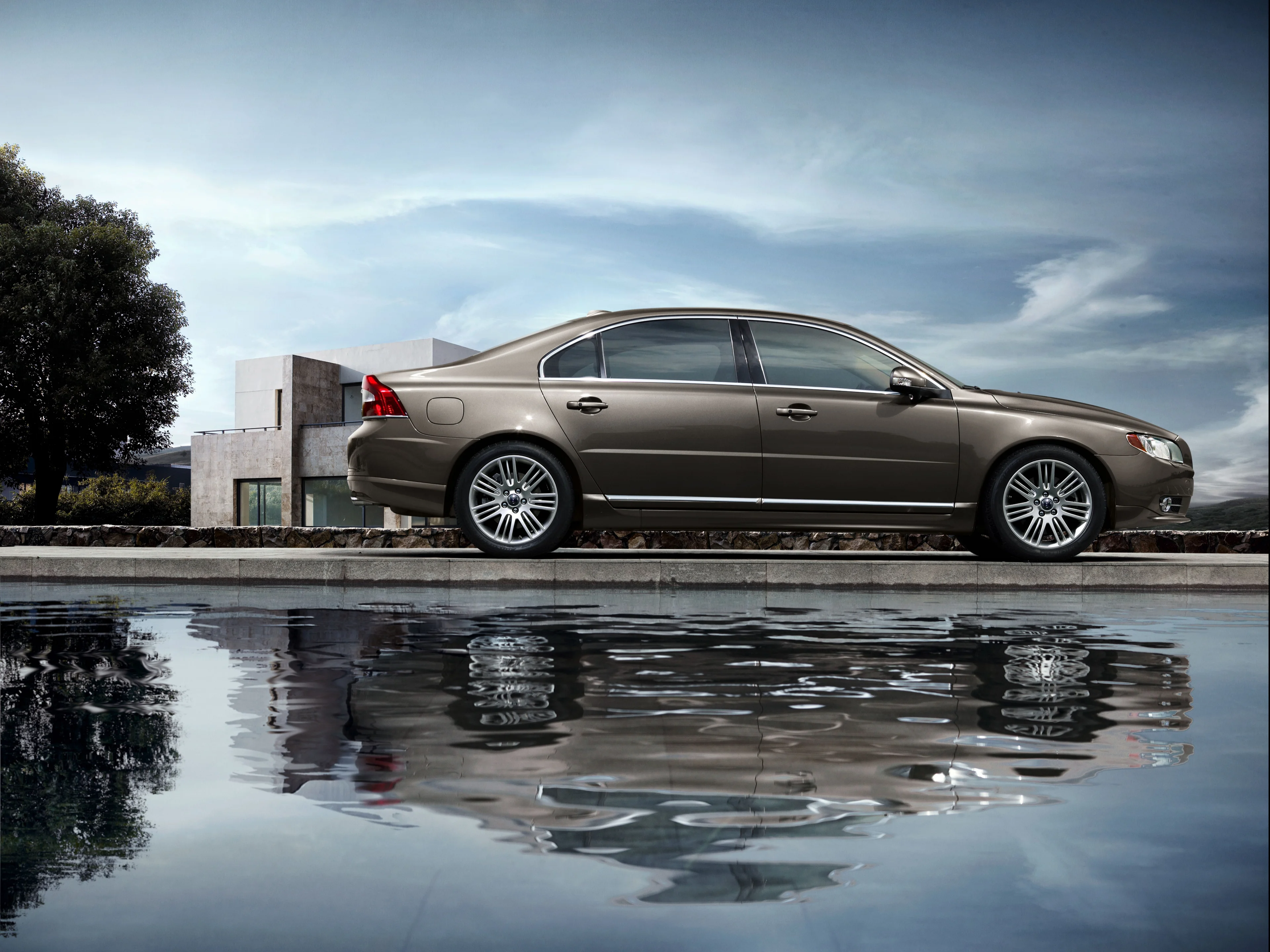
Modern soft lines
The Volvo S80's design was primarily known for its elegant and streamlined aesthetics, which set it apart from the more angular Volvo models of the time. The lines were now softer, giving the car a modern and more sophisticated appearance.
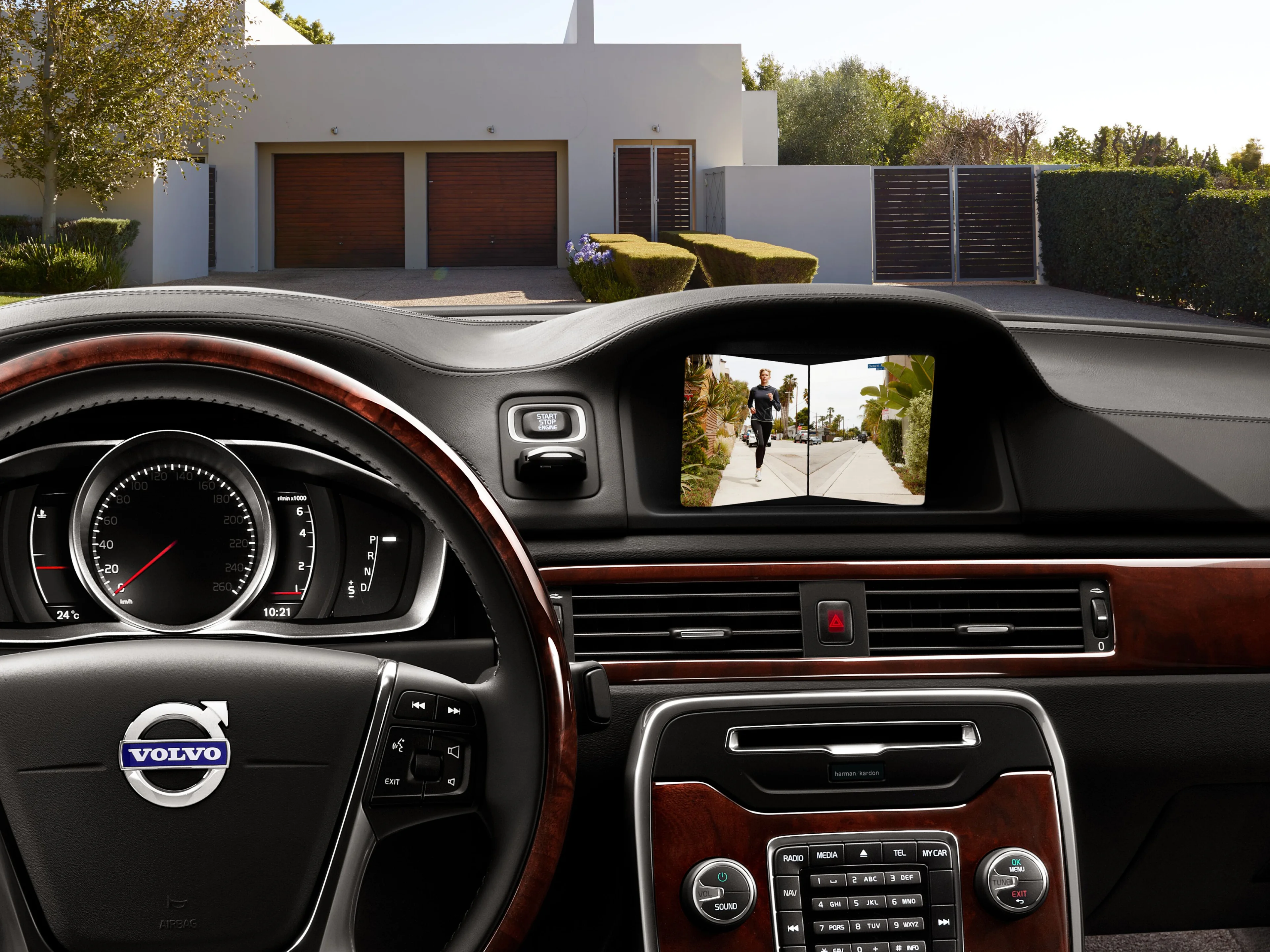
New innovative safety features
With the Volvo S80, we introduced a number of innovative safety features, including the Inflatable Curtain System (IC), which protected heads in the event of a side collision or if the car rolled over in an accident. The S80 also featured the WHIPS (Whiplash Protection System) to help prevent whiplash injuries if one was rear-ended. These new safety features helped to strengthen Volvo's reputation as one of the leaders in car safety, something we naturally continue to work hard on.
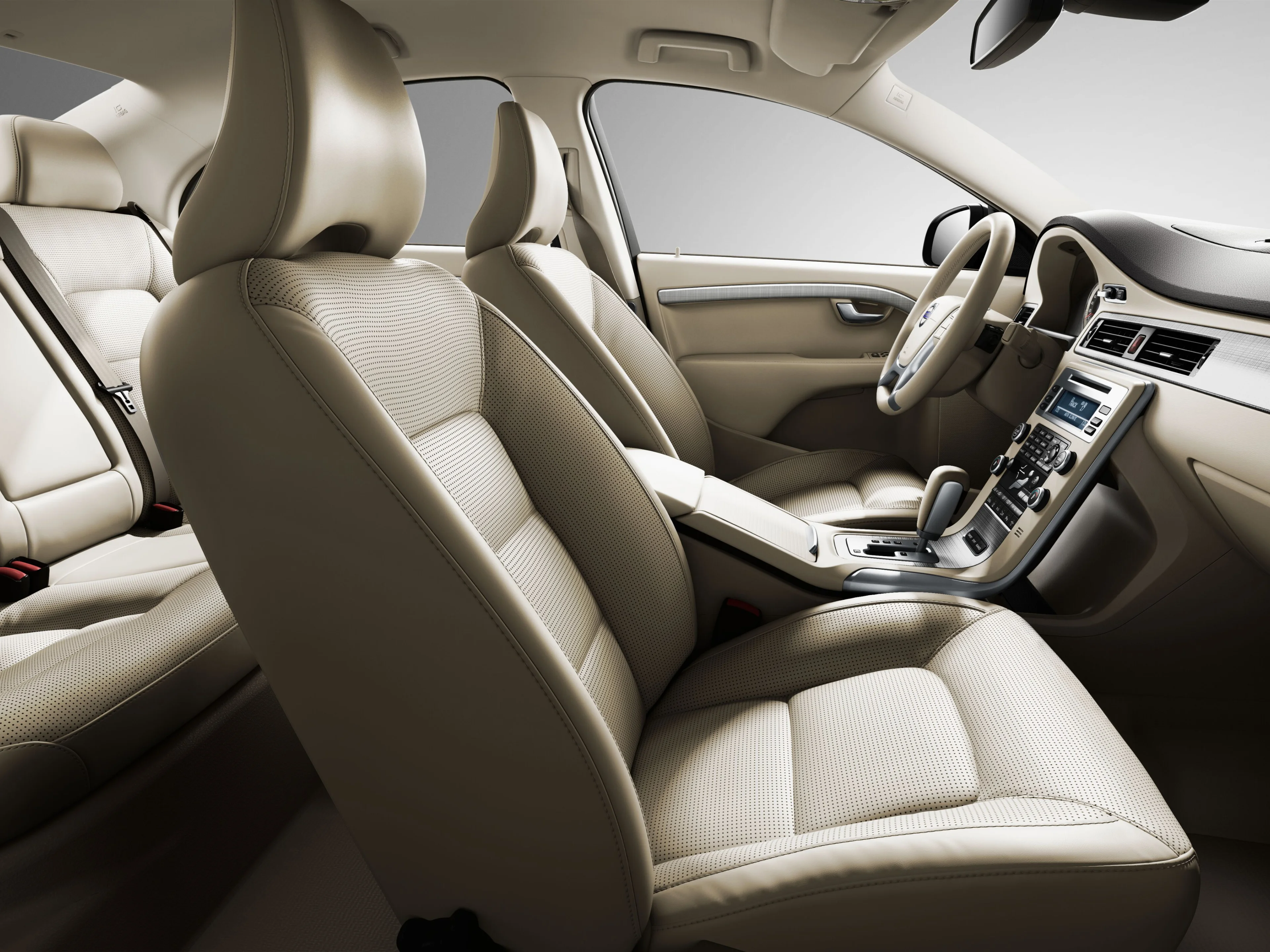
Luxurious and comfortable interior
The interior of an S80 is characterised by its spaciousness and premium feel. The materials were carefully selected and of high quality, following a well-thought-out ergonomic design. The choice of materials and all the thoughtful details made the Volvo S80 popular among those with high standards. However, the inside of a Volvo S80 was not just luxurious; it was also comfortable to sit in. The seats, which were in a class of their own, had a good balance between form, function, and comfort, and everyone had ample leg and headroom, making it a great car for long journeys.
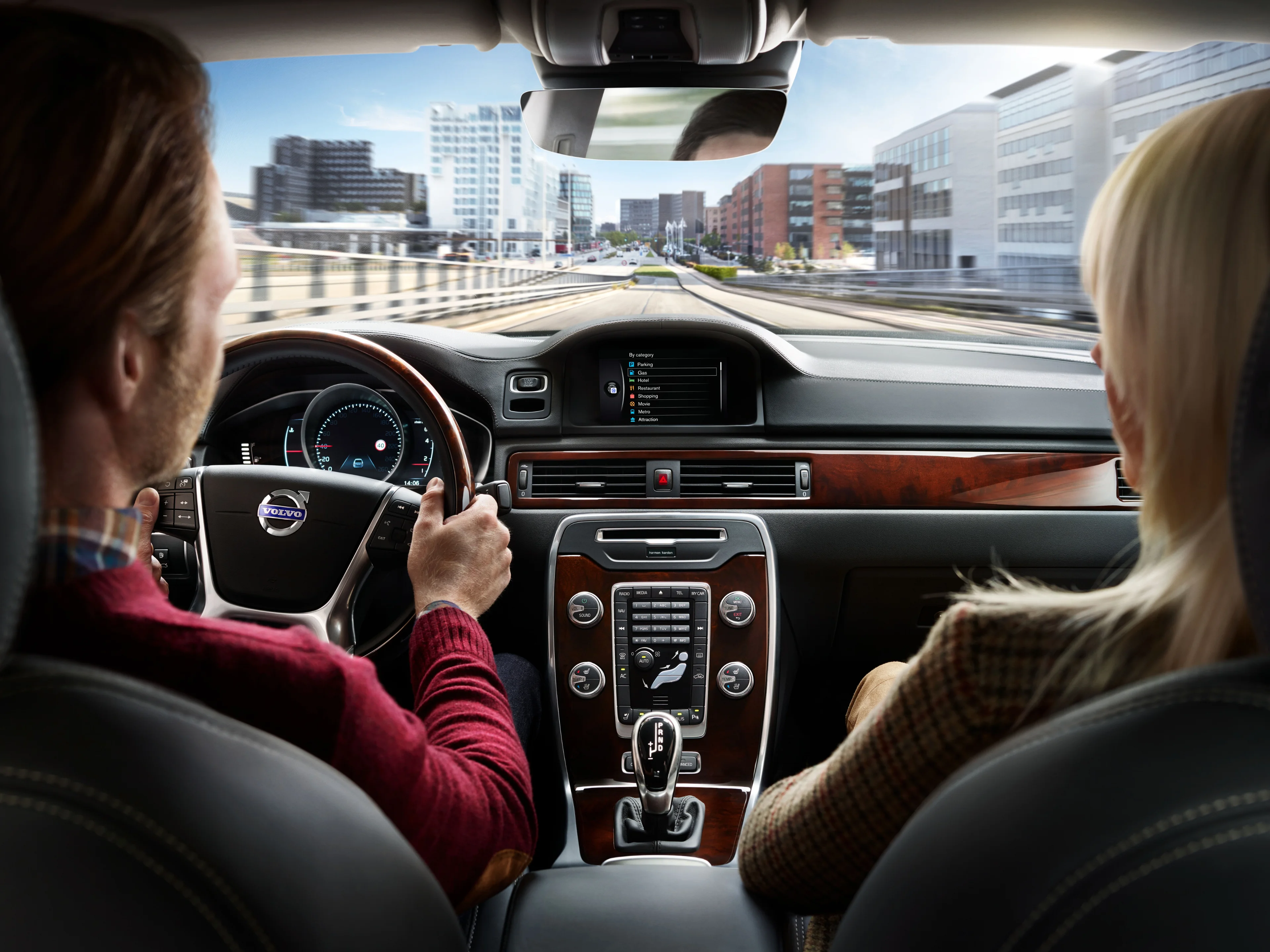
Quiet and comfortable driving experience
The Volvo S80 was known for its unusually quiet cabin, which contributed to many people enjoying driving this model. The car's quietness was due to several well-thought-out features and technologies, such as sound insulation in the doors, floors, and roof. In some models of the S80, acoustic glass, which is thicker and has special layers that dampen sound vibrations, was also used. A car's design is also a common source of noise, but with an aerodynamic design, like that of the S80, the noise inside the cabin is also reduced.
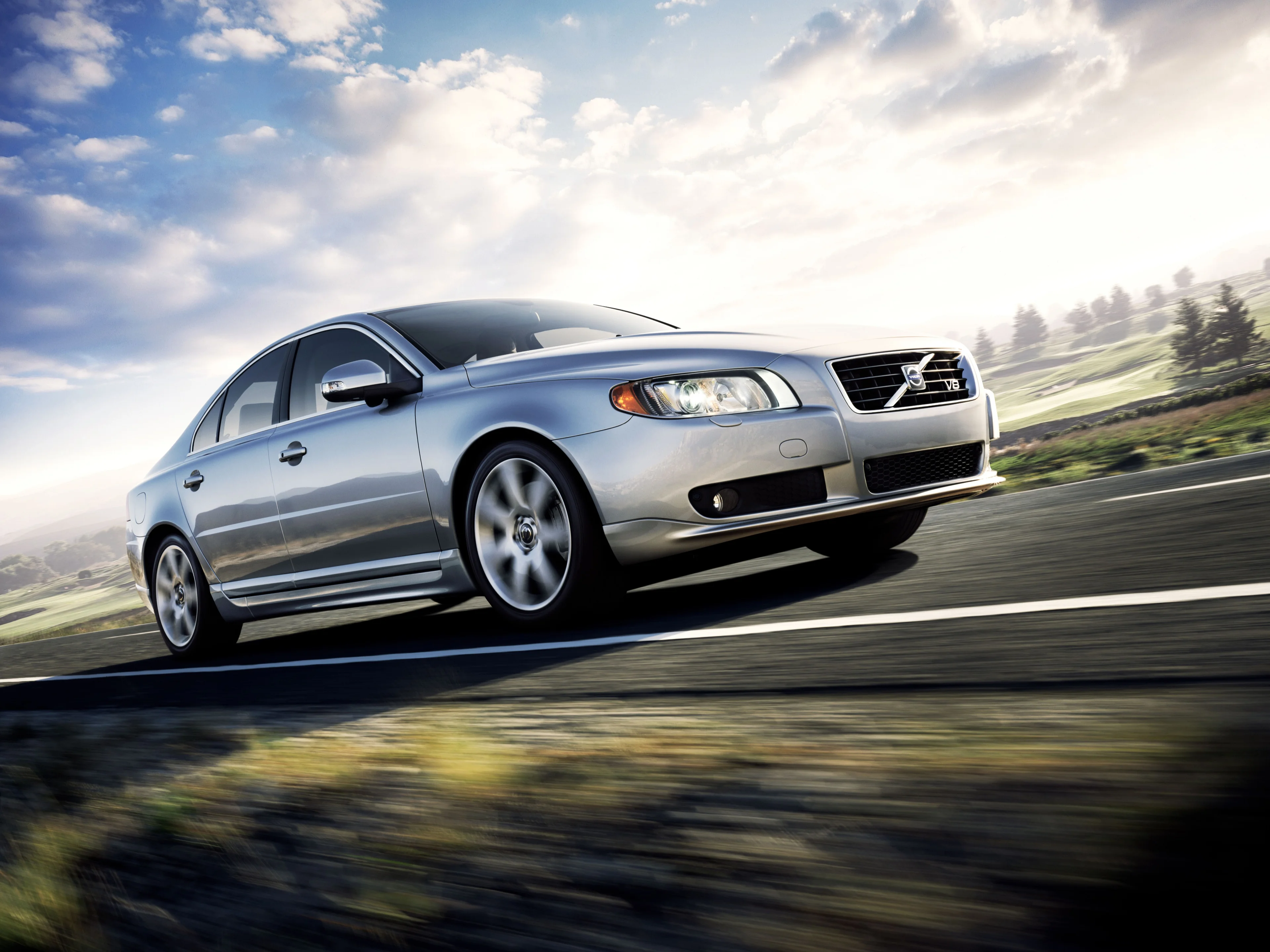
Many powerful engine options
During its production period, the S80 was equipped with various engine options, including high-performing, sophisticated five-cylinder turbocharged gas and diesel engines, a straight six-cylinder petrol engine, and even a compact V8, which was the first transversely mounted V8. Based on your needs, you could select from a range of engines, from efficient models ideal for daily driving to high-performance powerhouses. The second generation of the S80 was available with both FWD and AWD.
Learn more about the Volvo S80
When did Volvo Cars stop producing the S80?
We stopped producing the Volvo S80 in 2016.
What car replaced the Volvo S80?
The model that replaced the Volvo S80 is the Volvo S90, which was introduced in 2016.
What Volvo cars are similar to the S80?
In terms of similarity, the Volvo S90 is the closest in size and style. The Volvo S60 is also similar in terms of comfort and style, although it's slightly smaller.
Historical model information contained on this page is derived from global product specifications. Certain information may not be specific to the United States market. Please use this for general historical reference only. United States specification vehicles may not be shown, and certain model characteristics and designs may differ across markets or regions.
